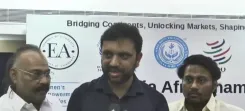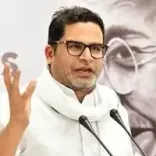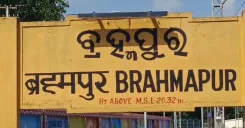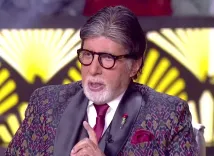Demolition and Sealing of Madrasas: A Disservice to Minorities, Says AIMJ Leader
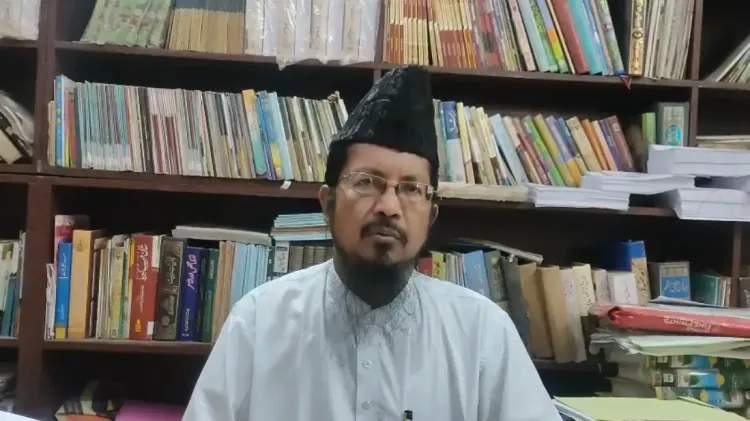
Synopsis
Key Takeaways
- Strong condemnation from the AIMJ leader.
- Demolition of longstanding madrasas in Madhya Pradesh.
- Sealing of madrasas in Haldwani, Uttarakhand.
- Call for respect for constitutional rights by state governments.
- Increased tensions and protests in other regions.
Bareilly, April 14 (NationPress) Maulana Shahabuddin Razvi Bareilvi, the National President of the All India Muslim Jamaat (AIMJ), expressed strong disapproval on Monday regarding the recent actions of demolishing and sealing madrasas in Madhya Pradesh and Uttarakhand under the newly enacted Waqf (Amendment) Act.
He labeled these measures as a breach of justice and a direct assault on the rights of minority communities.
In his remarks about the situation, Maulana Shahabuddin Razvi Bareilvi stated, “In the Panna district of Madhya Pradesh, a madrasa that had been in existence for 30 years was completely destroyed by bulldozers. Likewise, the government of Uttarakhand has sealed multiple madrasas in Haldwani.”
He criticized the administrations of both BJP-led states, calling on them to uphold the constitutional rights of religious and educational establishments.
“The Constitution grants all citizens the freedom to establish and manage educational institutions. When the Constitution permits this, the government lacks the authority to demolish or seal madrasas. This is blatant injustice that jeopardizes the welfare of minorities. Such actions erode community trust and apply unwarranted pressure on them,” he added.
Meanwhile, the Waqf (Amendment) Act, 2025 was officially implemented on April 8, following the approval of President Murmu on April 5.
This law, which was passed in Parliament after intense debates, is defended by the BJP-led NDA coalition at the Centre as an initiative to promote transparency and empower marginalized segments of the Muslim community, especially women.
Nevertheless, the Act has faced severe backlash from various Muslim organizations, including the All India Muslim Personal Law Board (AIMPLB), as well as from opposition parties.
Many have contested it in the Supreme Court, labeling it as discriminatory and unconstitutional.
In the meantime, unrest has escalated in other regions of the country.
Violent protests erupted in Murshidabad district of West Bengal a day earlier in opposition to the Waqf Act, resulting in the deaths of three individuals and the arrest of over 200.
In light of these events, the Calcutta High Court has mandated the immediate deployment of Central Armed Police Forces (CAPF) to restore order in the region.
The demolition of madrasas and the turmoil in Murshidabad highlight the growing rift surrounding the Waqf Act.

